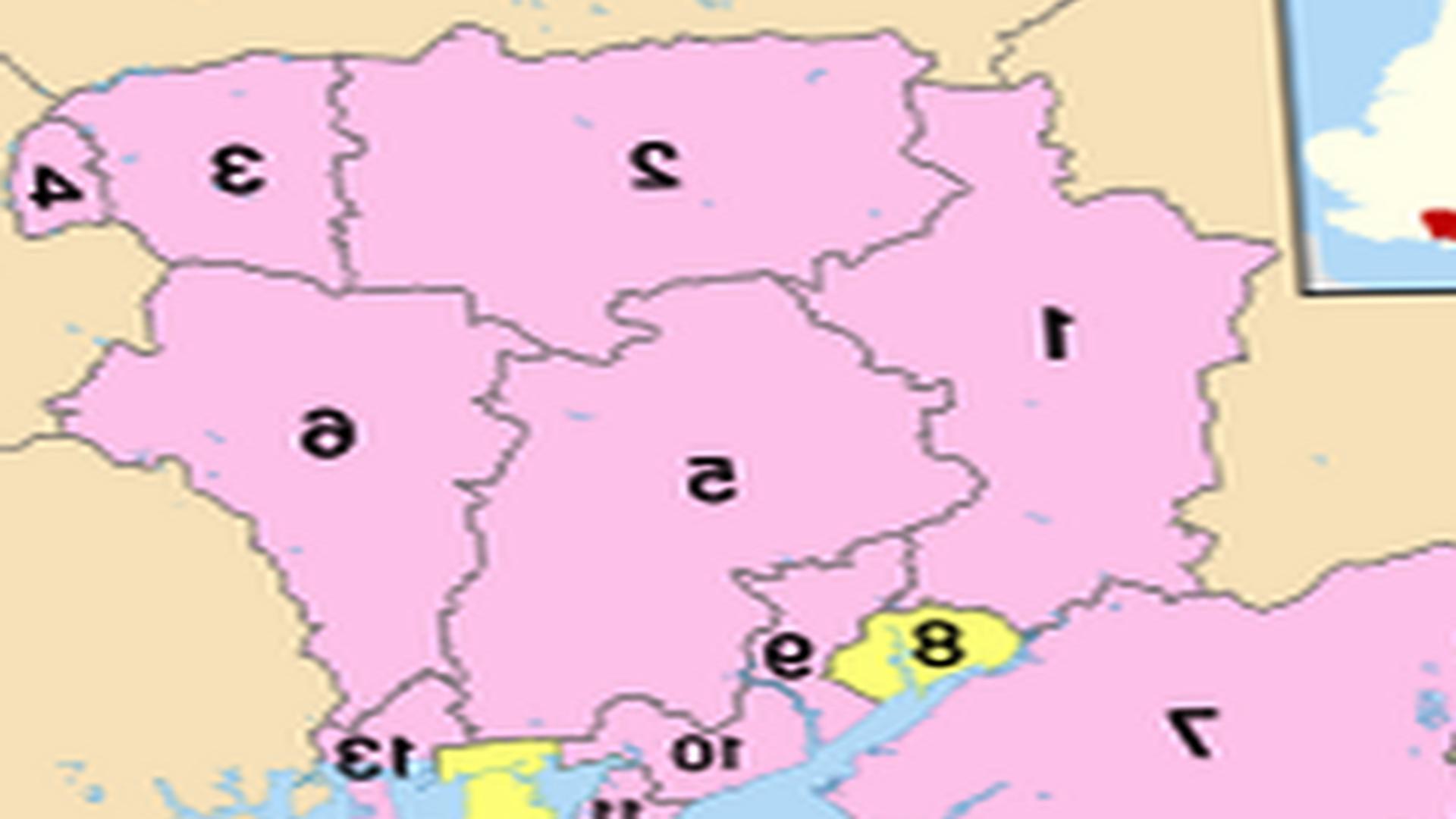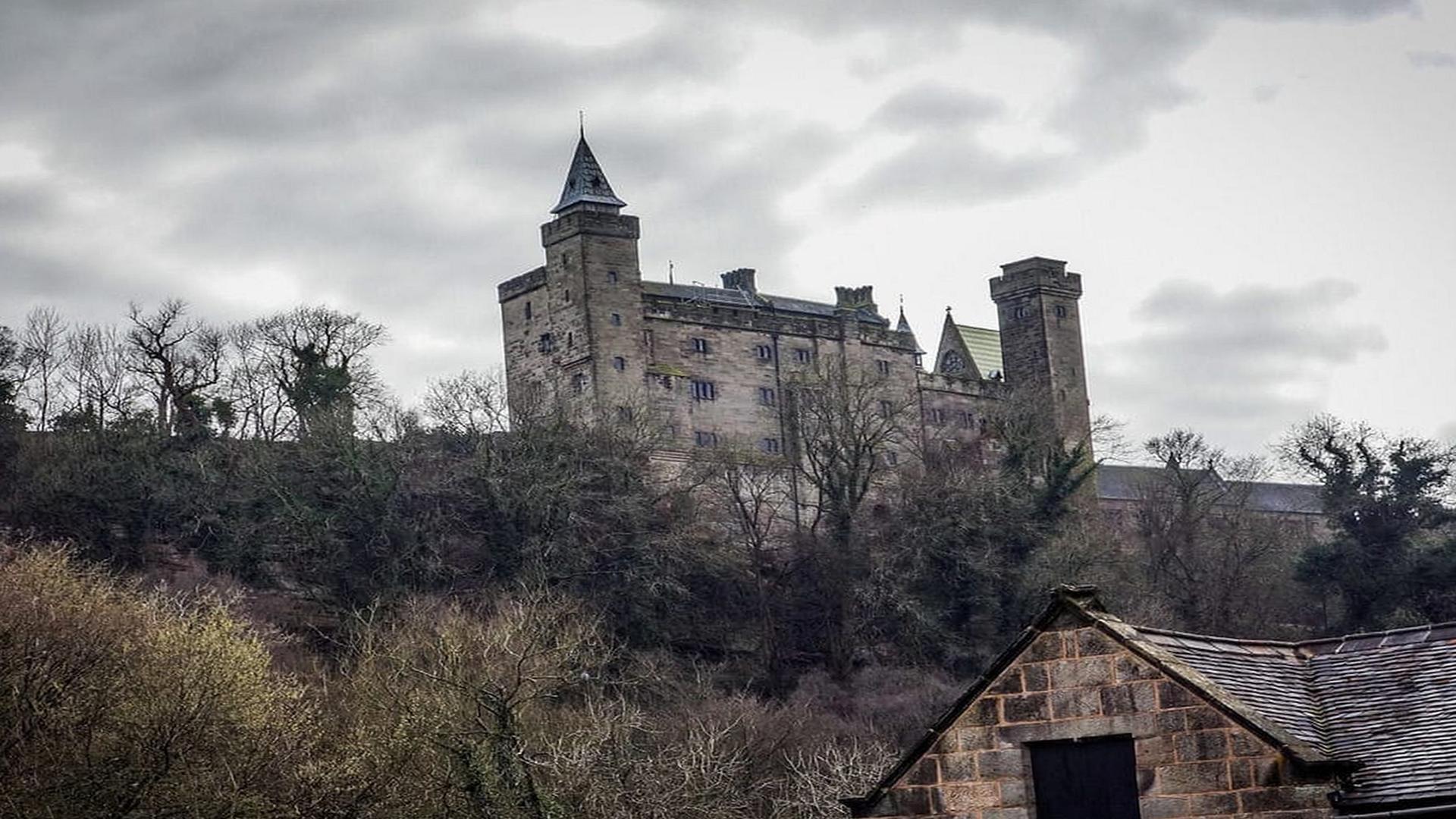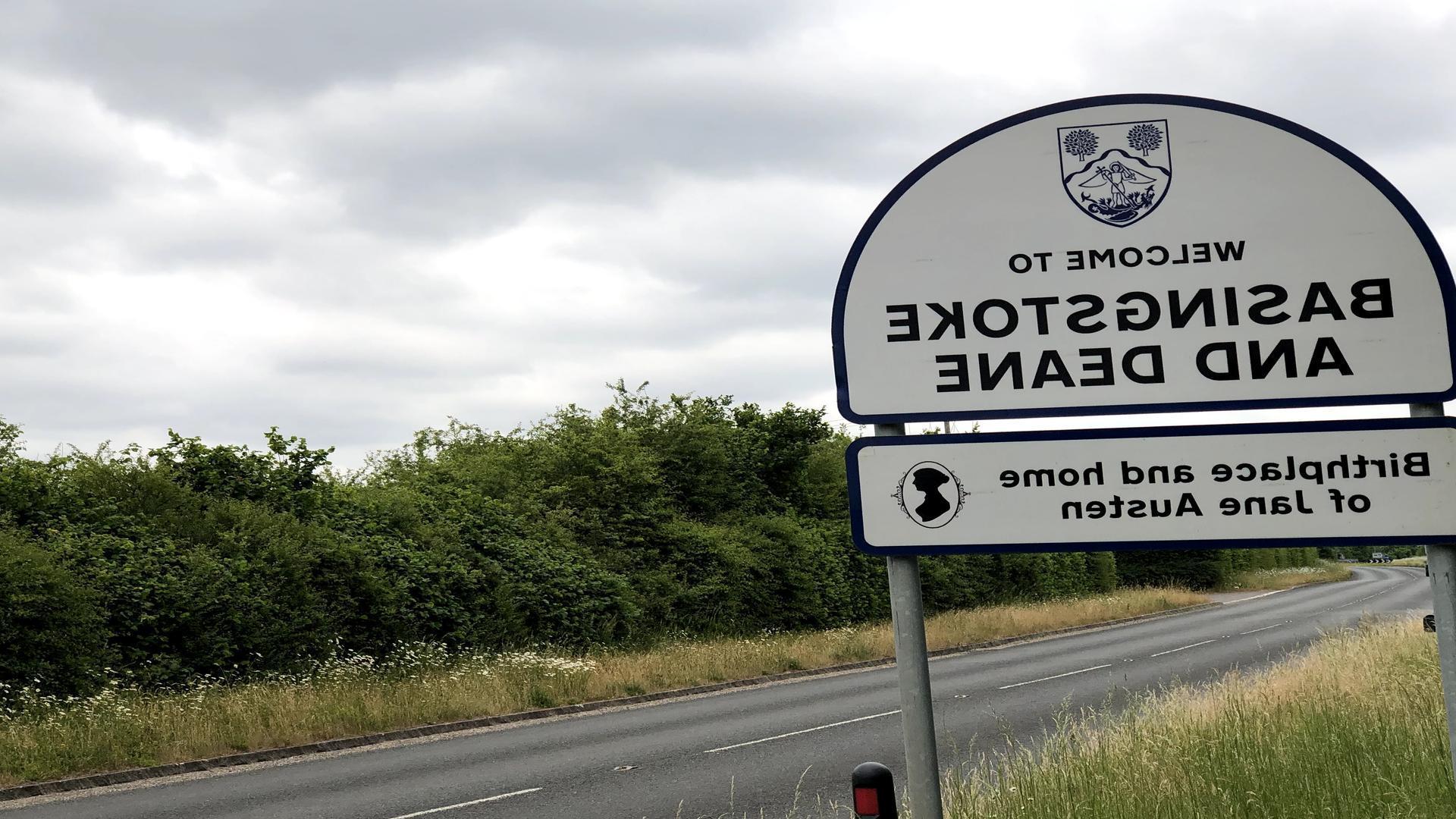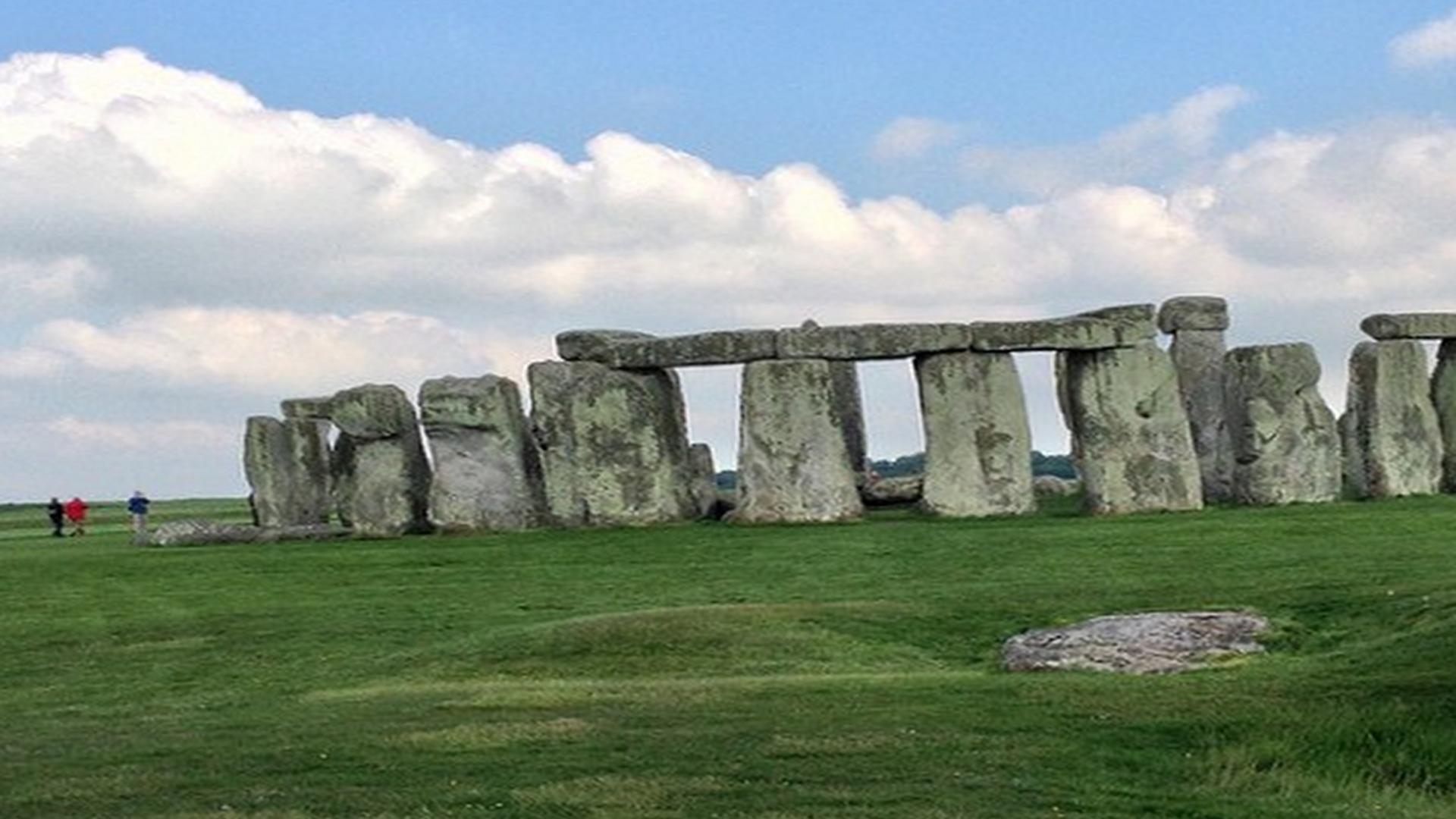How Hampshire Cities Towns Names
/how-hampshire-cities-towns-names
Portsmouth
Despite being a much smaller city than many others in the United Kingdom, Portsmouth is no stranger to the limelight. Since the 1980s, it has served as a primary shipbuilding center, and is the home of the largest naval base for the British Royal Navy. For this reason, Portsmouth has frequently been used as a location for movies set in the British Navy, with many people falsely claiming it to be the capital and largest city of England (it's not).
Portsmouth has a long and interesting history, and lots of other areas in the city have some cool stories behind them, Hampshire Local (hampshirelocal.co.uk). Before we get too excited about the place, though, we’ll take a look at some stats about the area to see what it’s like. It's best to do your own research as well to familiarise yourself with any city you live in or are planning a vacation to. With that said, it looks like Portsmouth is a large city full of family fun.
In 1313, the city became an official port of trade and is when the population began to grow. Within a century the population had swelled to 10,000 people. This trend continued through the centuries as Portsmouth became a shipyard for some of England's finest battleships. It was also a strategic spot for anyone attempting to invade Britain and was used by many foreign leaders as a base for naval ships. Portsmouth has a rich history that stretches back to the 13th century.
It's become a hotspot for tourists and attracts thousands of visitors each year. If you're travelling to Portsmouth, or if you live there, it may be interesting to know that there are also hundreds of haunted locations in and around the city. Portsmouth has been nicknamed as the 'City of Firsts', because it is recorded as hosting a lot of significant first events. It was the first place in Great Britain to get (1) a regular ferry service, (2) the first coaching inn, (3) its own newspaper, and (4) regular gas lighting among other firsts.
Old Portsmouth has a long history as a port. Due to its large size, it was the main hub for shipping trade during the 18th century. British ships were used to transport goods on transcontinental voyages to India, China, and North America. What are the nearest cities to Fleet?. The closest city to Fleet is Portsmouth and the distance from Fleet to Portsmouth is 20 km (12 miles). Distance from Fleet to London: 145 km, to Birmingham: 138 km, to Cardiff: 139 km.
Winchester
However, on closer inspection of Winchester’s history, it seems that the city’s historical importance is only partially true. This is because there were once hundreds of other smaller towns existing in the South Downs (like Droxford), which means that Winchester was not always the largest town in the area. In fact, the city of Winchester has probably only been a notable settlement since the 10th century, when Alfred established a military stronghold with fortification walls.
Winchester is one of the largest cities in the state of Virginia, and has a population estimated at more than 40 thousand people. Virginia's roots are deeply set in colonial history, and Winchester played an important role in that history. Guns that were produced in the city for military use were used for the most part during the Revolutionary War and on occasion in the Civil War. The first battle ever won by the Union Army took place right here in Winchester at Berryville.
During more recent times, hunting and trapping were common activities for the people of Winchester. It wasn’t until the 18th century that settlers from New England began gradually migrating to the area, swelling its population. Today, over 6,000 people call Winchester home. Today, Winchester is home to over twenty thousand residents and serves as the largest city in the state. As you may have guessed, the city is a hotbed for tourists. With that in mind, it is no surprise that Winchester is also home to a number of businesses.
City-Data states that the first recorded event in Winchester was in 1624 when the area became settled. This marked the dawn of its history as a town. However, it is widely believed that there were settlers living in the area as early as around 100 AD. There are so many fascinating aspects of Winchester’s history that make the city a particularly interesting destination for anybody who loves history. To really get to grips with this historical gem, you should try any or all of the following….
Isle of Wight
On a recent trip to the Isle of Wight I was struck by what a pretty place it is. It’s familiar yet different and, like its name, has an other-worldly feel. The island is so close to mainland England that if you were standing at its most westerly point on St Catherine’s Point during low tide you could easily reach out with your foot and touch the beach of Sandown Bay. This almost makes mainland Britain seem far away when I imagine standing there and looking across the Solent.
The island’s new name took a while to be accepted. In 633 the first Bishop of Winchester, St. Wilfrid, told the Northumbrians that they were living on the Isle of Wight, but in 900 an Irish monk named Dicuil called it Ratis (raft), and this is the name given by later writers for several hundred years. I've been living on the Isle of Wight for a number of years now, and have never been very clear on how it got such an intriguing name.



